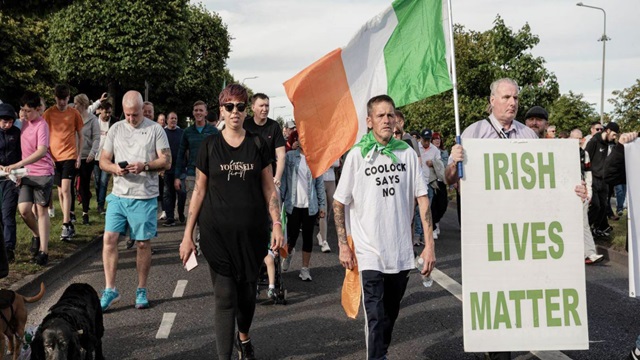
The electoral failure, and ongoing threat, of the Irish far right
By Drew Frayne (Socialist Party – Ireland) 31 January 2025 Bucking the international trend of far right electoral gains, the Irish electorate by and large

By Drew Frayne (Socialist Party – Ireland) 31 January 2025 Bucking the international trend of far right electoral gains, the Irish electorate by and large

First published by Socialist Party (Ireland), 26 January 2025 Warning: Article contains distressing details of r*** and abuse In a stunning decision, Gisèle Pelicot faced

By James McCabe (Socialist Party Ireland) 23 January 2025 The year began with numerous grim reminders that the normalisation of the far right is accelerating.
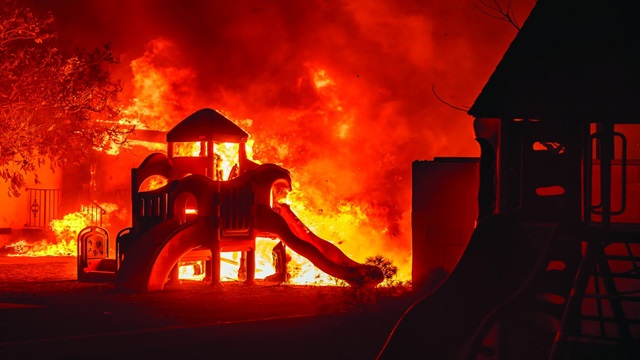
By Isi Stewart Duran (Socialist Party Ireland) 23 January 2025 At the time of writing, firefighters in Los Angeles are warning of ‘explosive fire growth’
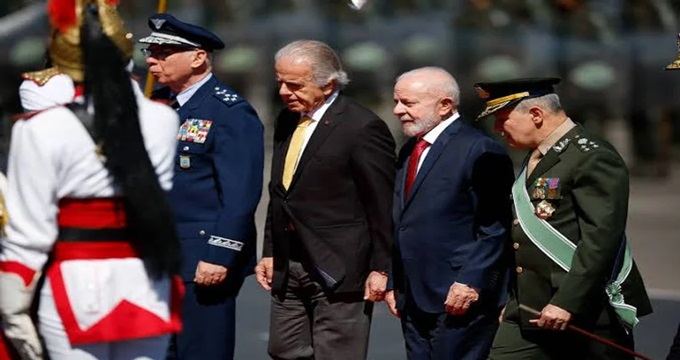
By PRMI reporters in Brazil, 23 January 2025 This article can also be accessed in Portuguese here 2024 was an apprehensive and discouraging year for
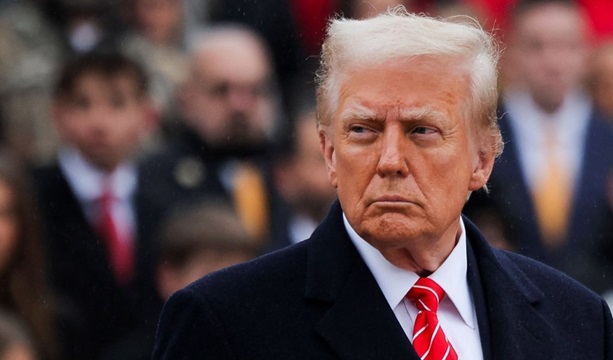
By Donal Devlin Socialist Party Ireland, first published 19 January 2025 Two related stories featured in the news in the weeks before arch-climate change denier

By PRMI reporters 20 January 2025 This rather unusual article is published as a contribution to the process of clarifying how we as a revolutionary
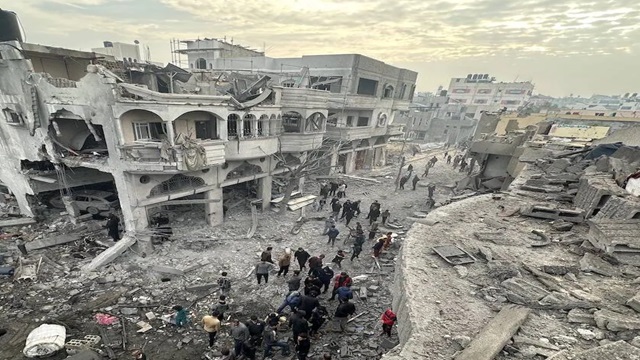
By PRMI reporters 18 January 2025 “This is a day of happiness, and sadness, a shock and joy, but certainly it is a day we
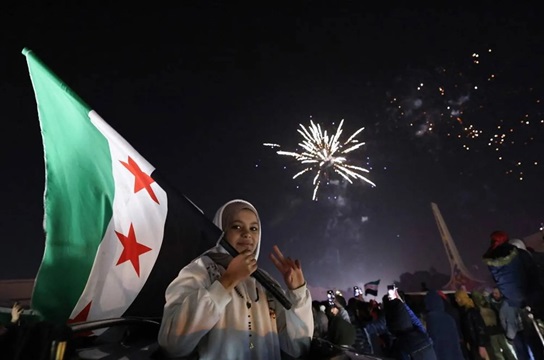
By Serge Jordan 12 January 2025 The collapse of Bashar al-Assad’s decades-long dictatorship last December has dramatically reshuffled the cards of Syria’s future. A sense
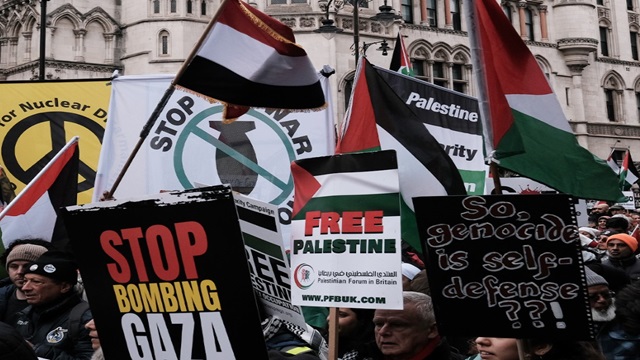
PRMI Reporters At the end of December, an international meeting of organisations and supporters from twenty-two countries was held to discuss the current global situation
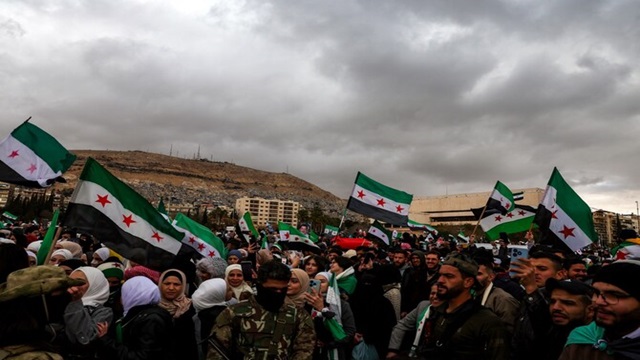
By Liv from Sweden Published 09 January 2025 This is the transcript of the introduction by Liv to the discussion on the global situation held
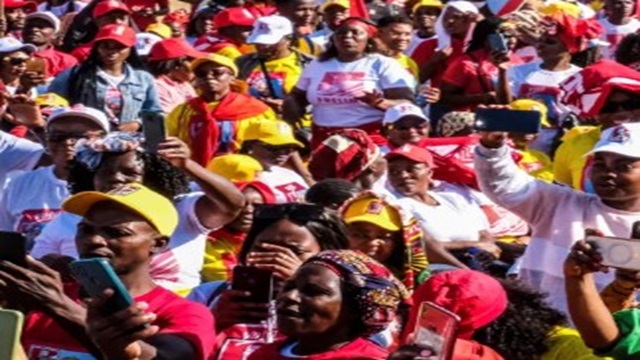
By Ndumiso from South Africa Published 9 January 2025 This is the transcript of the introduction by Ndumiso to the discussion on the global situation